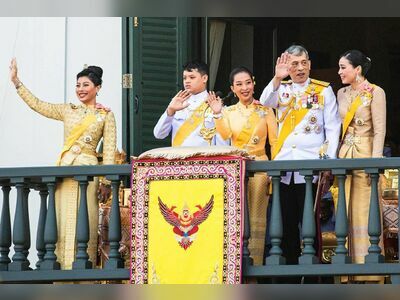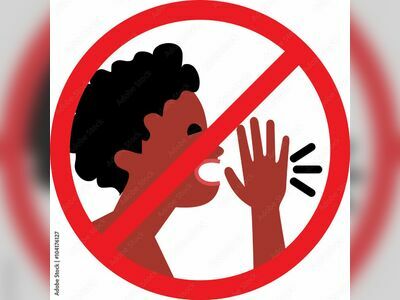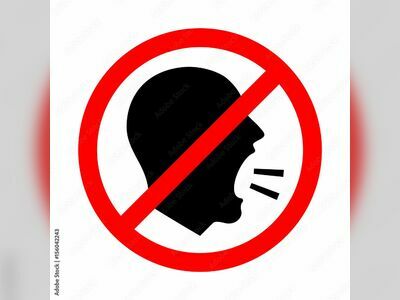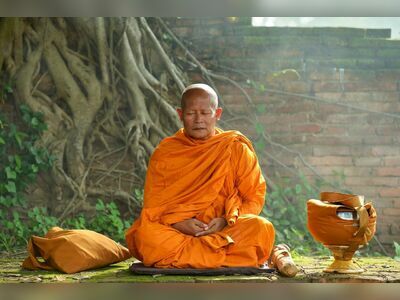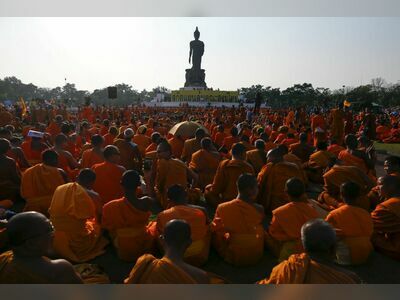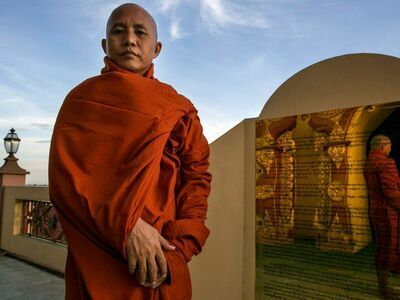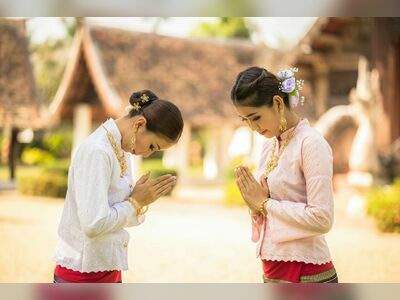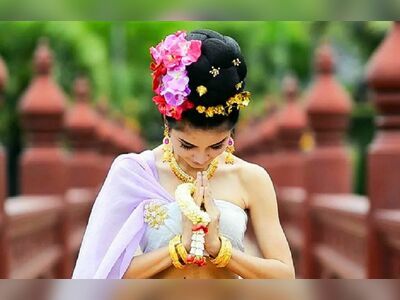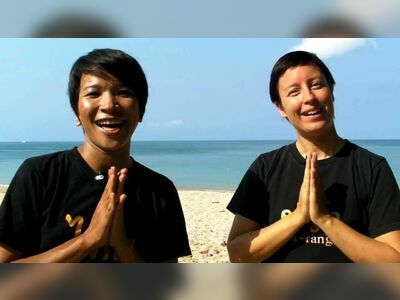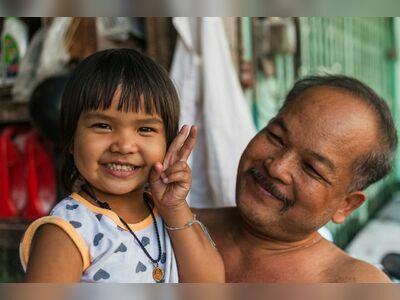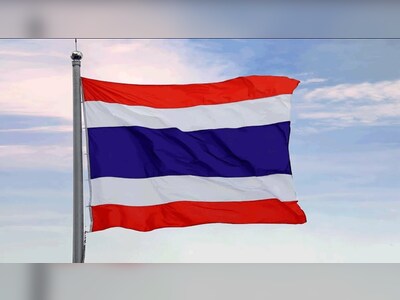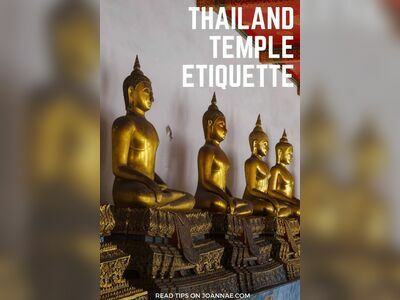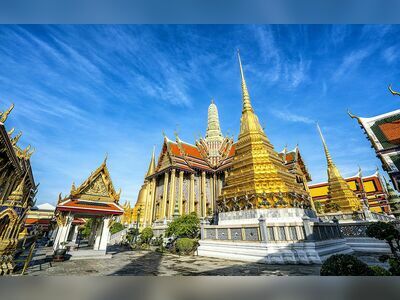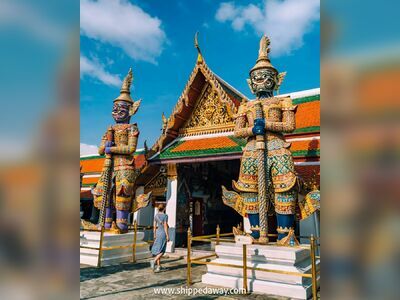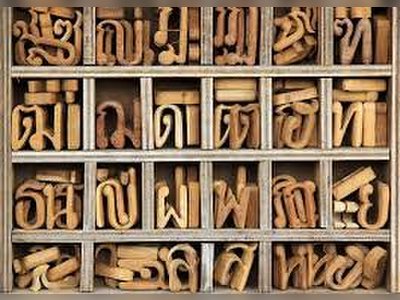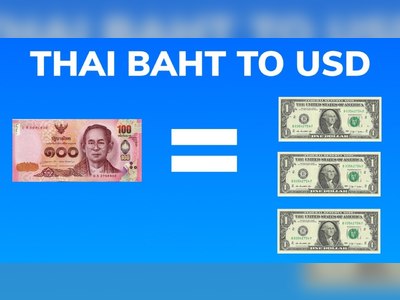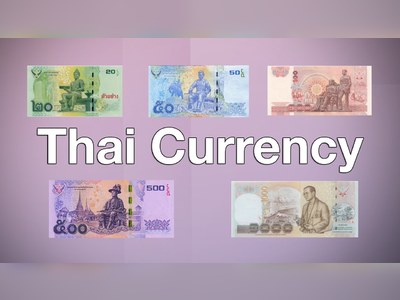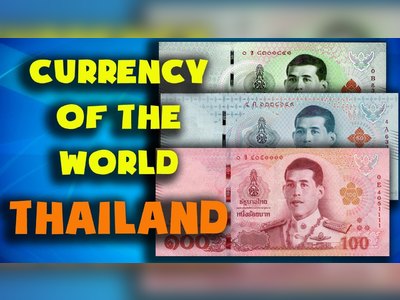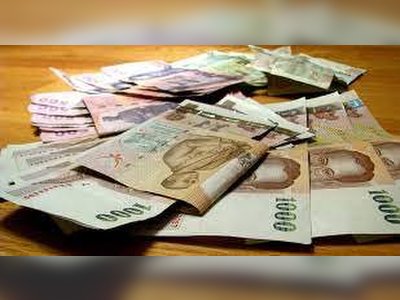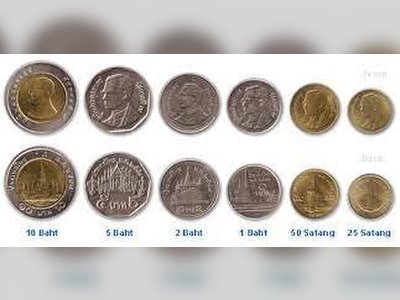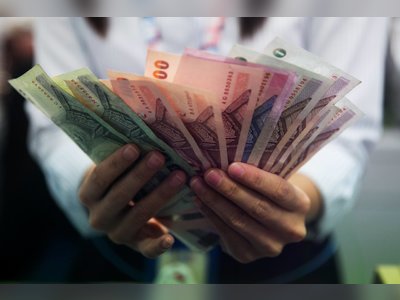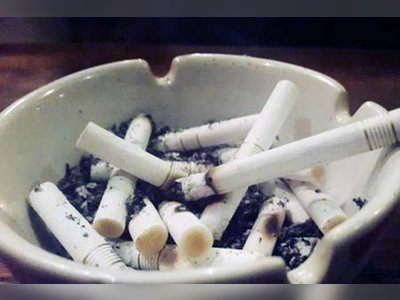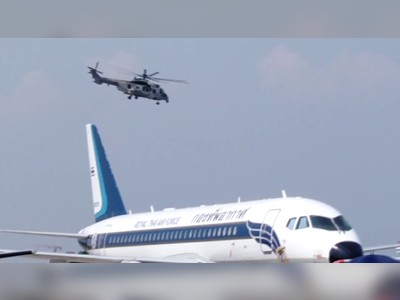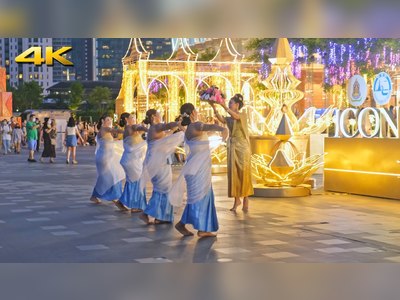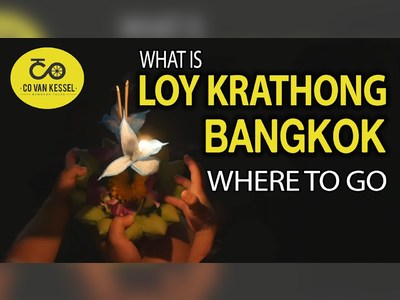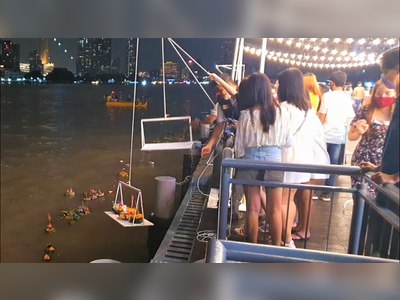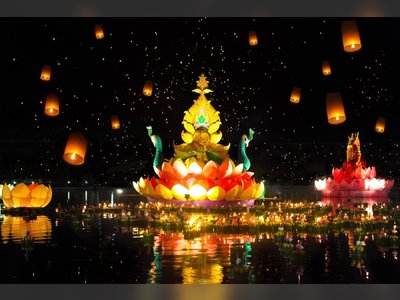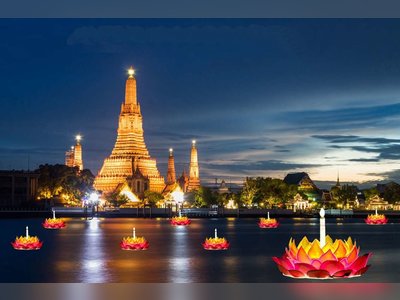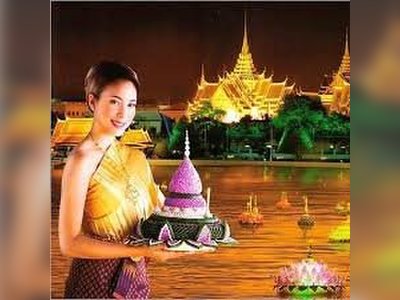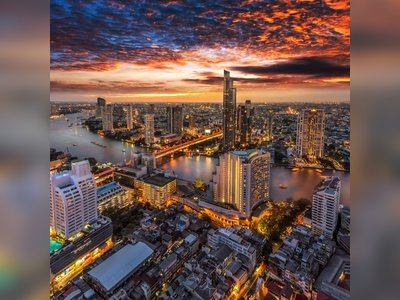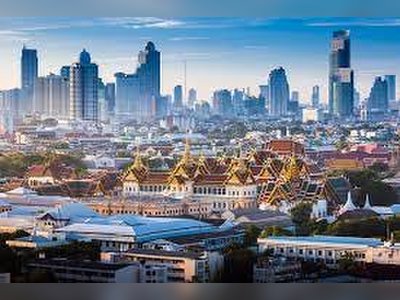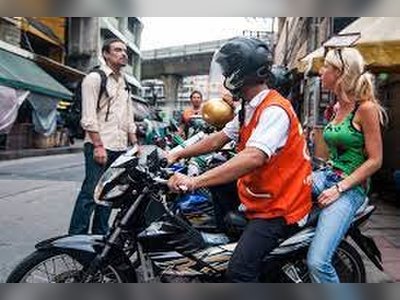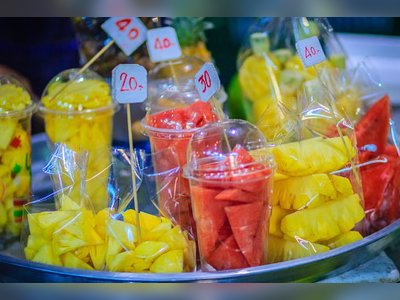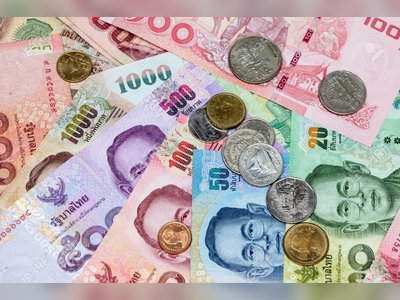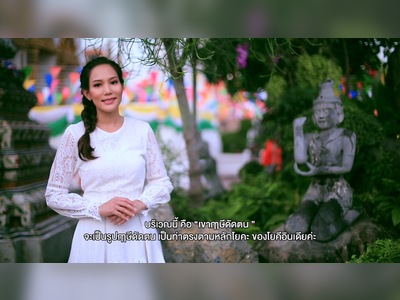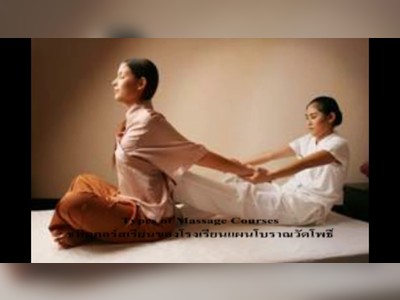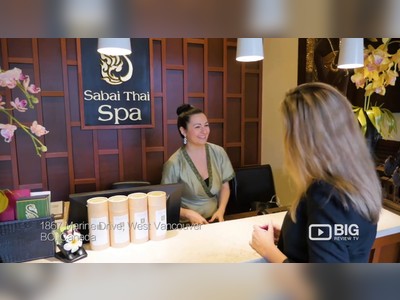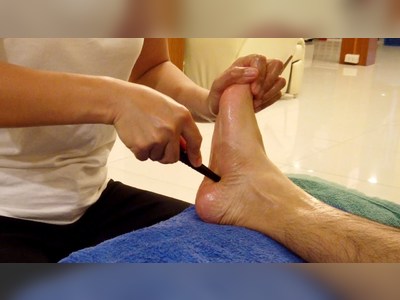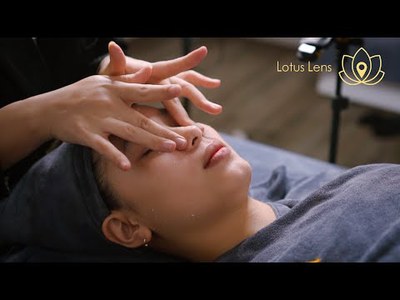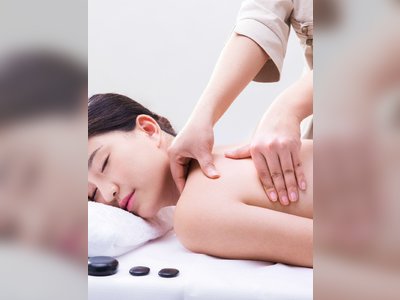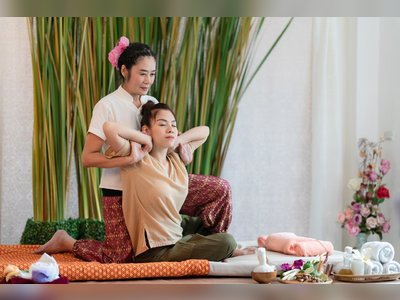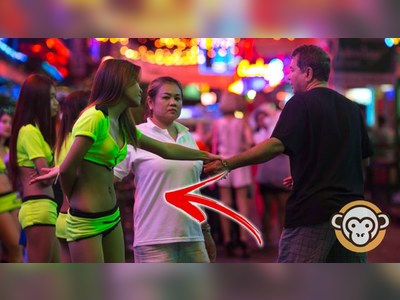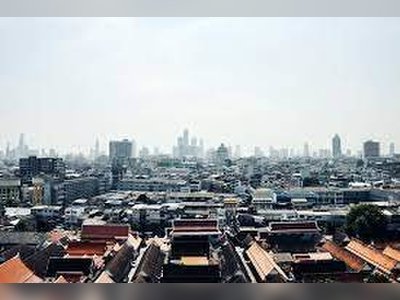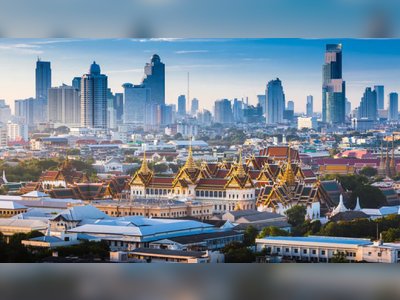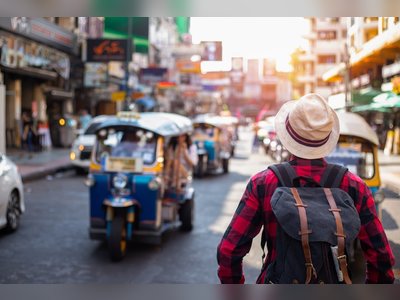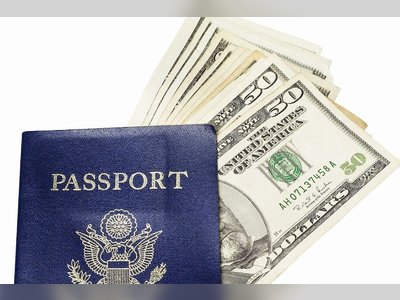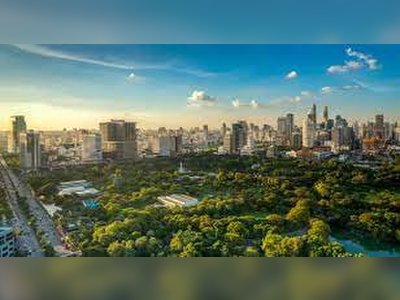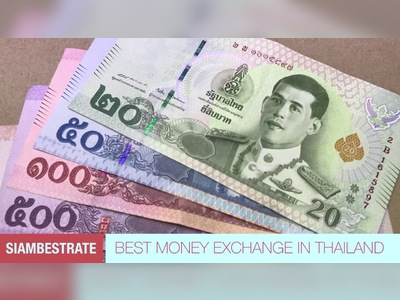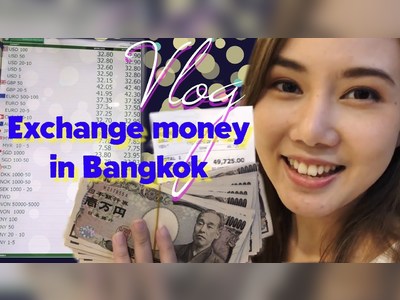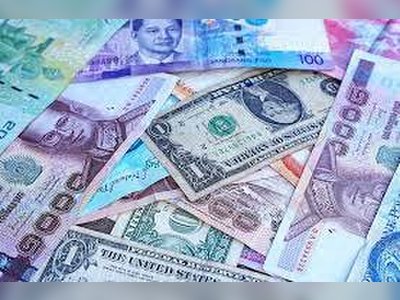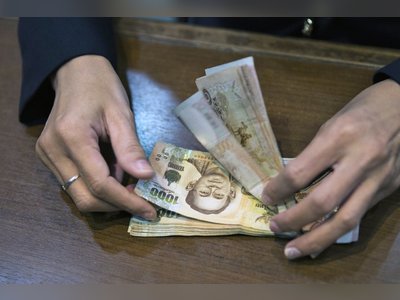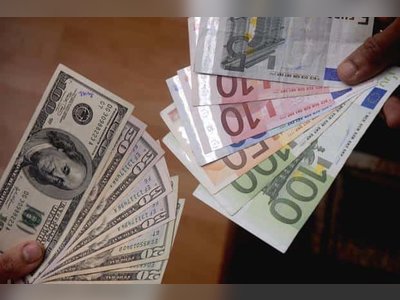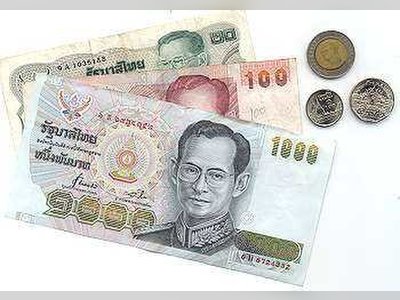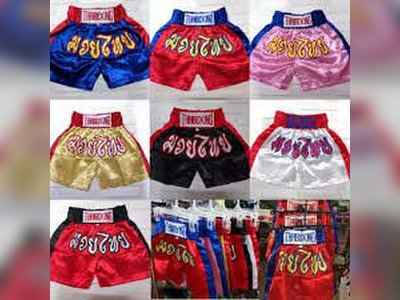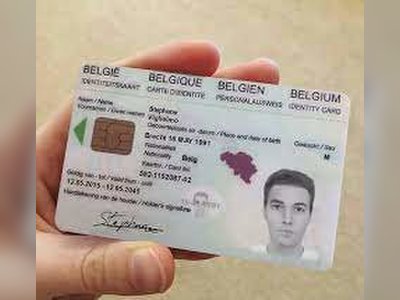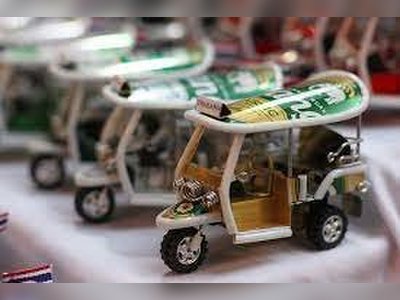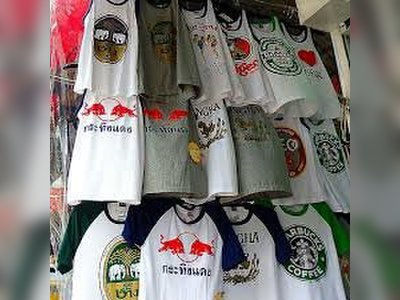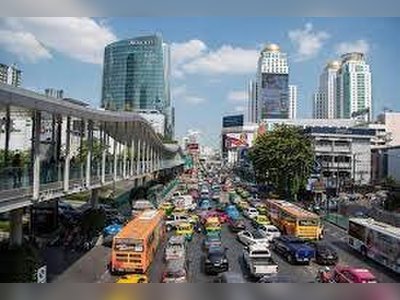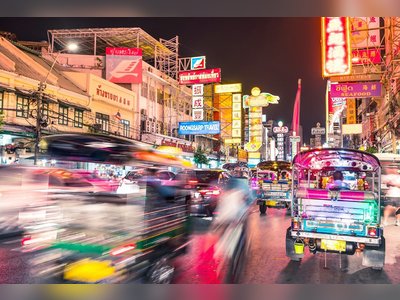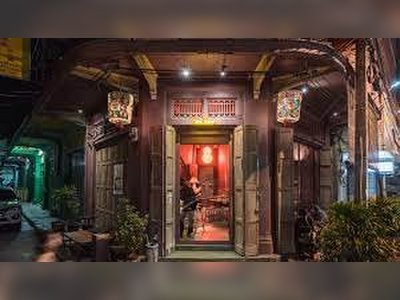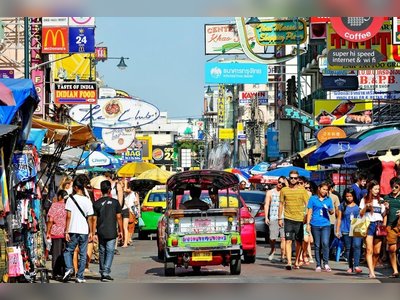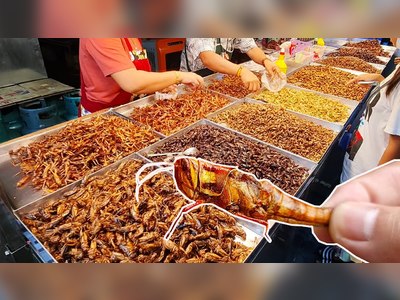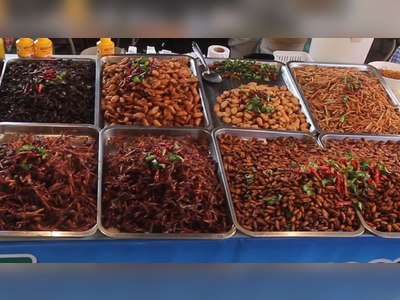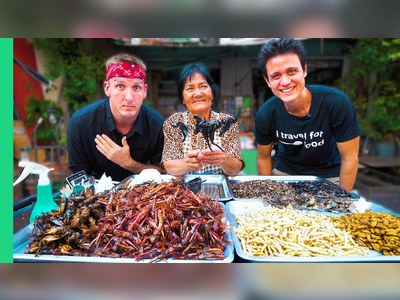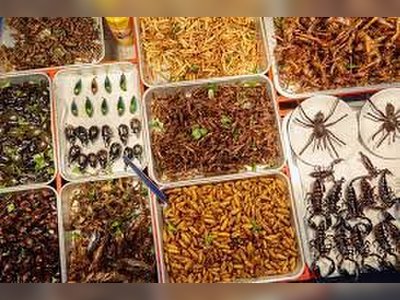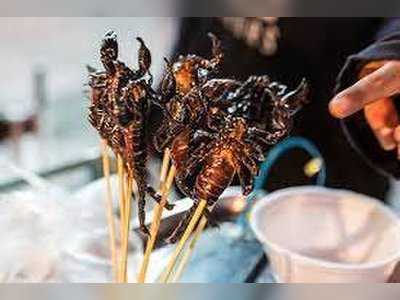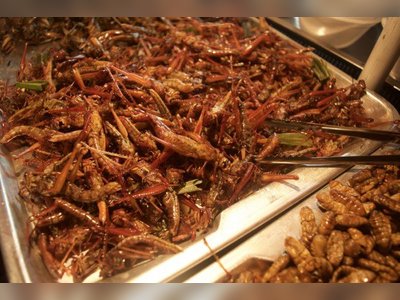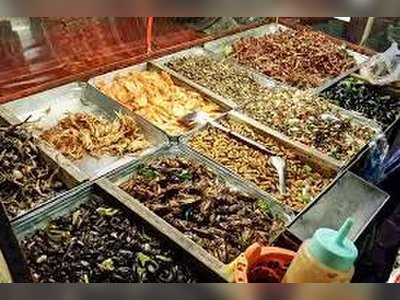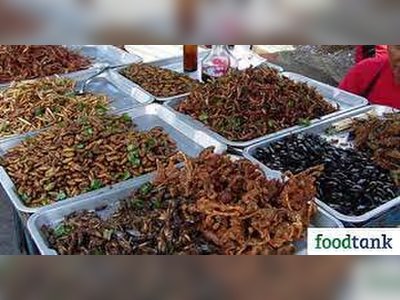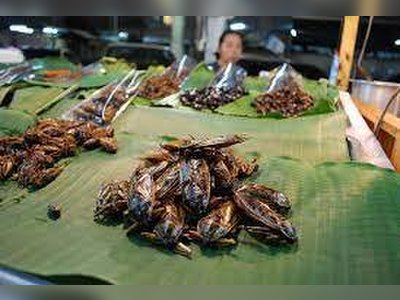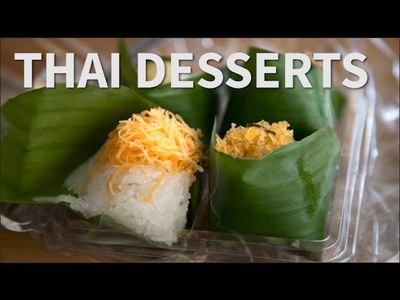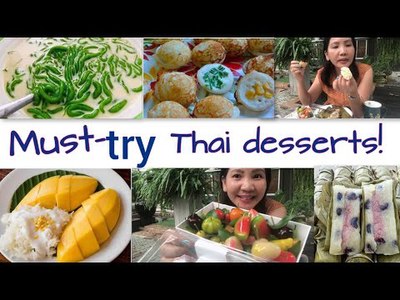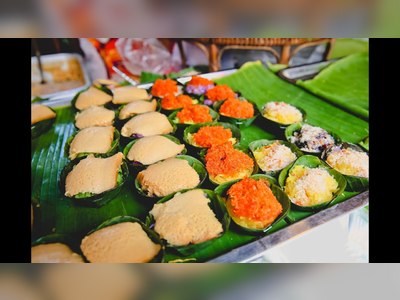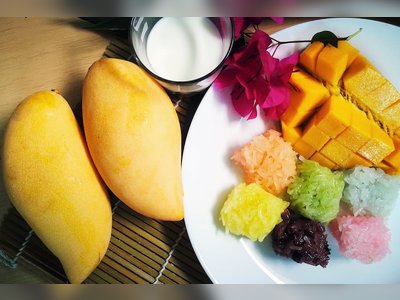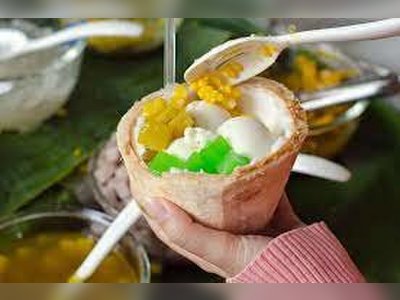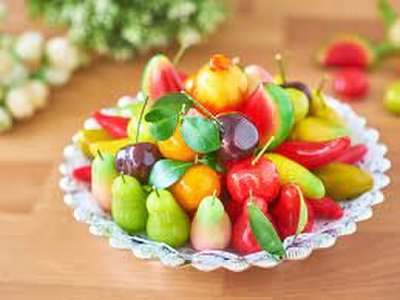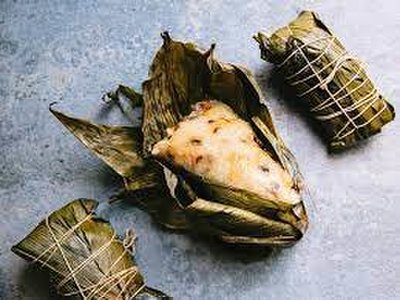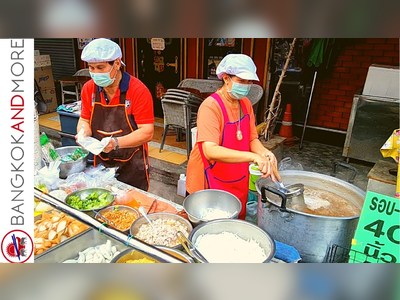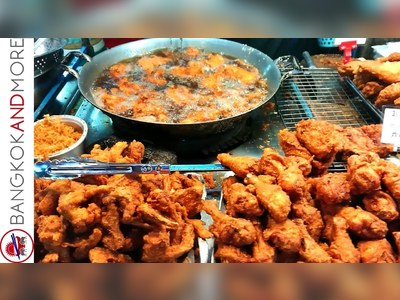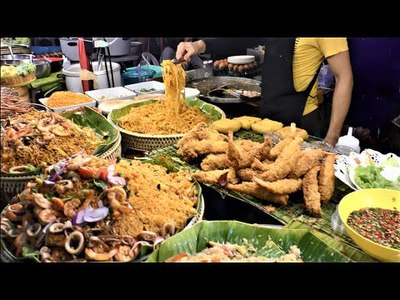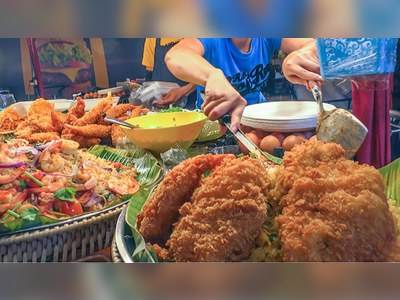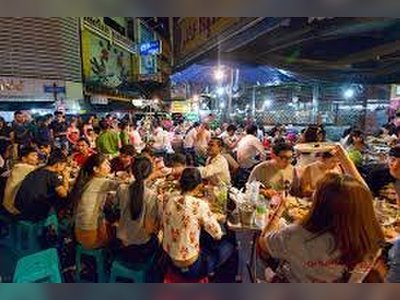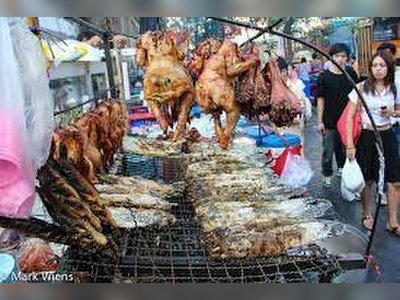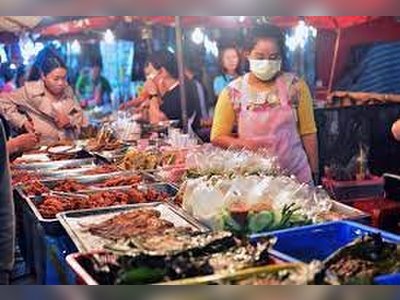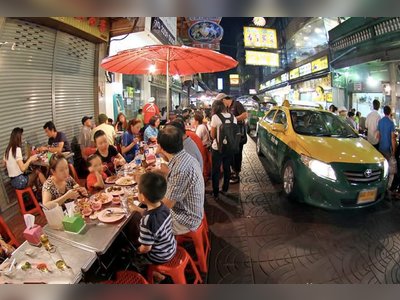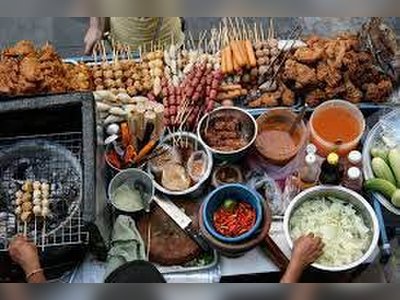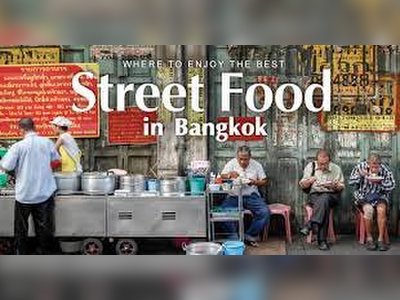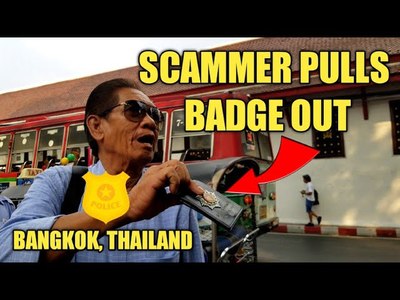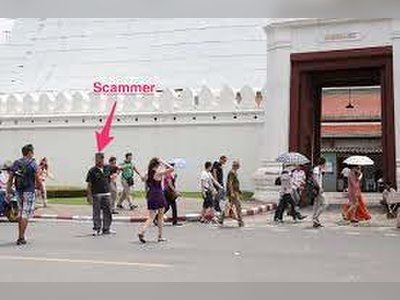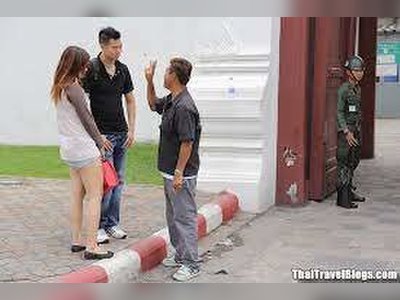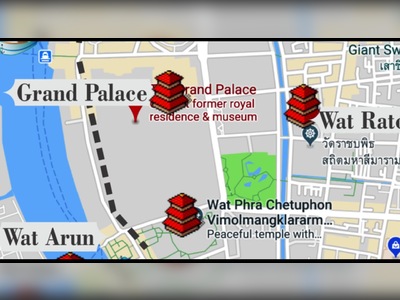Do & don’t
Bangkok
Don’t touch a Thai person’s head
The head is regarded as the most sacred part of the body and shouldn’t be touched. There are exceptions (e.g between lovers, when you go for a head massage, and parents ruffling children’s hair), but generally speaking don’t risk causing offence by touching someone’s head.
Don’t show disrespect to the Thai royal family
Thailand has strict laws on this which also cover social media.
Don’t raise your voice
In Thai culture, keeping calm and not raising your voice are qualities that are admired. Shouting and getting angry won’t do you any favours.
Don’t touch monks
Women should never touch a monk or hand anything directly to them.
Don’t point to anything with your feet and don’t place your feet on the table while sitting
If you accidentally drop some money, don’t step on it to stop it blowing away. This would be insulting the King whose image is on Thai currency.
Don’t take things too seriously
In Thai culture there is a concept known as ‘sanuk‘. Broadly speaking, it’s the idea of having fun and taking enjoyment out of everything you do.
Do return a Wai
There are lots of subtle rules of etiquette involved with the Thai greeting, the wai. We could write a whole article about when you should or shouldn’t wai and how high the hands should be, but for a first time visitor to Thailand if a Thai person wais you, place your palms together, raise your hands towards your chin and return the wai with a smile.
Useful Thai words and phrases to learn
Learning at least a few words of Thai shows respect for the culture and can be a great way to break the ice when you are in Thailand. In many of the main tourist areas and resorts, people will speak at least some English and you are unlikely to have any major issues. However, if language difficulties do arise, just smile and accept it as part of the travel experience.
Do smile!
It may sound trite, but a smile can go a long way in establishing good intent and that will be appreciated in Thailand.
Do stand up when you hear the national anthem or royal anthem.
You may hear the Thai national anthem in public spaces (train stations, bus stations, markets etc.) at 8am and 6pm each day. Take your cue from others around you and stop what you are doing and stand still. If you are in a cinema, the royal anthem is usually played before the film and you should join everyone else in standing for this.
Etiquette advice for visiting Thai temples
Even if you’re not religious, a visit to a Buddhist temple (wat) can be a rewarding cultural experience. With around 95% of the Thai population identifying as Buddhist, the local wat plays an important role in Thai society.
Languages of Thailand - Thai Dialects, Phrases and Meanings
Thai, more specifically known as Siamese Thai, is the official language of Thailand and is spoken by well over eighty per cent of the country's population of over seventy million.
Currency of Thailand: A Guide to the Thai Baht
The official currency of Thailand is the Thai Baht or Baht. 1 Baht is divided into 100 Satangs, i.e 1 Baht = 100 Satangs.
Smoking in Thailand - The Essential Smoker's Guide
Everyone is aware of how deadly passive smoking is, and hence, the Government of Thailand is actively working towards curbing smoking in Thailand.
National Children’s Day
On the second Saturday of January every year Thailand dedicates a day to the future of their country, celebrating children and thanking them by offering discounts and hosting special activities.
Loy Krathong in Bangkok
The Thai Festival of Lights and Lanterns
Bangkok Weather
Bangkok enjoys a tropical monsoon climate, meaning that it has 3 main seasons:
10 Signs You've Lived in Bangkok Too Long
If you have spent some time in Bangkok, you'll have noticed it's a very multicultural city.
6 Massages to Try in Bangkok
Bangkok Spa and Health Guide
10 Mistakes People Make on Their First Trip to Bangkok
This list of travelling mistakes made by first-time visitors to Thailand should remind you that everyone has to start somewhere and learn the ropes of a new destination. We’ve collected all the useful bits that we wish we knew back before many of us decided to stick around.
The Best Currency Exchanges in Bangkok
Changing money in Bangkok is a fairly easy process. Choosing where to change your money can have a noticeable impact on how much baht you’ll have in your wallet.
10 Stupid Things People Buy in Bangkok
People buy a lot of silly, strange and useless items when they come to Bangkok. You might wonder who actually buys them, although a quick survey proves that many travellers have bought some of the items in this list (even us), and you might even have the full collection.
8 Things People Hate About Bangkok
So you hate Bangkok? You think it’s too hot, overcrowded – just a concrete jungle paralysed by endless traffic jams. So then, why does the Thai capital remain one of the most visited cities in the world and loved by so many?
Eating Insects in Bangkok and Where to Find Them
Eating fried insects in Bangkok appears on the priority list of most daring travellers, something you should try at least once and take a photo to show off back home.
5 Thai Desserts You Should Try
Thai desserts simply have to be tasted when visiting Bangkok, and there are loads to choose from. Thai cuisine has a deep tradition of delectable desserts that often play on the indigenous flavours of coconut, fresh fruit, and sticky rice.
Bangkok Street Food Guide
Street food in Bangkok provides convenient, delicious and cheap meals and it’s one of the purest ways to get in touch with the local culture.
5 Best Known Scams in Bangkok
...and How to Avoid Them
Drink lots of water
This tip, of course, applies even to the Antarctic.
Get a good map
Bangkok can be confusing.

